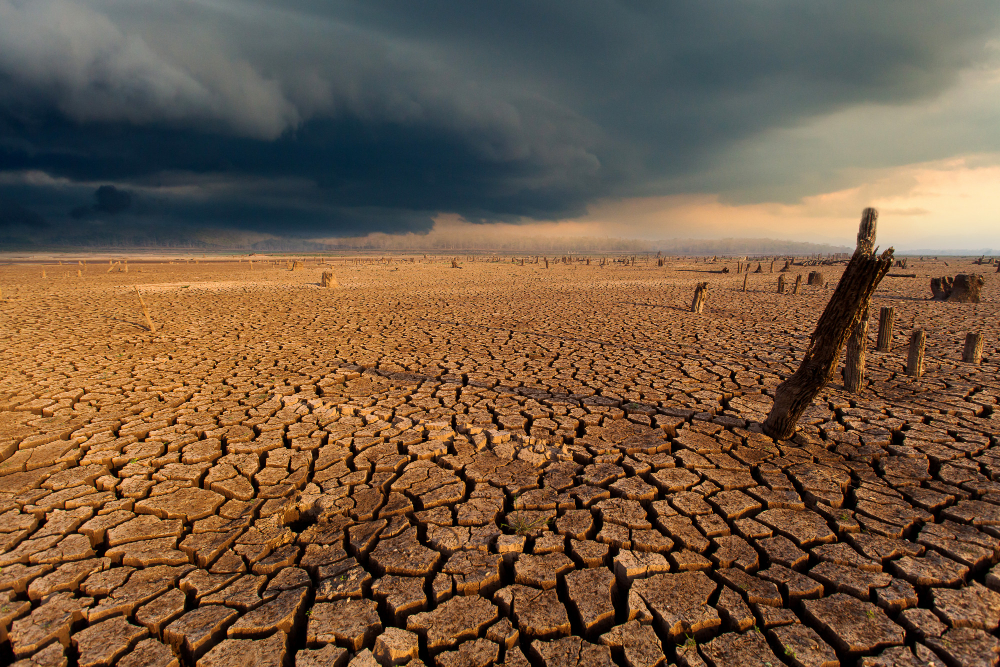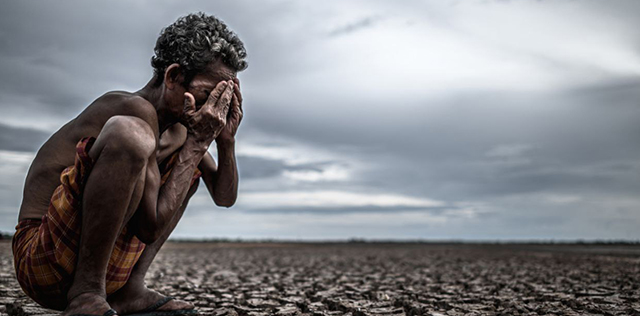Impending Catastrophe: Study Warns of Abrupt Species Decline Due to Climate Change
- by Admin
- ______-, 2024

Climate change has become an ever-increasing concern, and a recent study has shed light on its devastating consequences for global biodiversity. Published in a renowned scientific journal, the study highlights the alarming risk of abrupt species decline caused by climate change.
As our planet continues to warm at an unprecedented rate, ecosystems and the delicate balance of species within them are being pushed to the brink. The study underscores the rapid pace at which climate change is occurring and its profound impact on the natural world. Rising temperatures, melting ice caps, changing precipitation patterns and extreme weather events are all manifestations of this global crisis. While many species have the ability to adapt to gradual changes in their environment, the accelerated rate of climate change is rendering traditional adaptation mechanisms ineffective.
One of the most alarming findings of the study is the potential for abrupt species decline. As ecosystems are disrupted, species may face multiple interconnected threats, such as habitat loss, reduced food availability and altered reproductive patterns. The interconnectedness of ecosystems means that the decline or extinction of one species can trigger a domino effect, impacting numerous other species within the ecological web.
The loss of biodiversity resulting from abrupt species decline has far-reaching implications. Biodiversity is not merely a matter of aesthetics; it is crucial for the stability and resilience of ecosystems. Ecosystems with high biodiversity can better withstand environmental fluctuations, maintain essential ecosystem services and support human well-being. Therefore, the potential collapse of entire ecosystems due to abrupt species decline poses a significant threat to our planet's ecological integrity.
The study highlights that vulnerable species, including those with specialised habitat requirements or narrow geographic ranges, are particularly susceptible to abrupt decline. Coral reefs, for instance, face imminent peril due to rising ocean temperatures, leading to widespread coral bleaching events and the subsequent loss of vital marine species. Similarly, high-altitude species that inhabit mountaintop ecosystems are at risk of extinction as their habitats shrink due to shifting climate zones. The consequences of abrupt species decline extend beyond individual species and ecosystems. Humans also depend on biodiversity for essential resources, including food, medicine and clean water. The disruption of ecosystems can disrupt these vital services, thereby potentially compromising human health, livelihoods and overall well-being.
The study's findings underscore the need for urgent and decisive action to mitigate the impacts of climate change and protect biodiversity. Governments, international organisations and individuals must come together to implement effective measures aimed at reducing greenhouse gas emissions, conserving habitats and promoting sustainable practices. Mitigation efforts should focus on transitioning to renewable energy sources, improving energy efficiency and promoting sustainable land and resource management. International agreements, such as the Paris Agreement, play a crucial role in coordinating global efforts to combat climate change. Strengthening these agreements and ensuring their effective implementation is of paramount importance.
Conservation efforts must also prioritise the preservation and restoration of habitats, particularly those critical for vulnerable species. Protected areas, national parks and wildlife reserves play a vital role in safeguarding biodiversity and their expansion and improved management are essential. Additionally, promoting sustainable agriculture, reducing deforestation and combating illegal wildlife trade are crucial components of conservation strategies.
Education and awareness are key to driving behavioural change at both individual and societal levels. Efforts should focus on informing and engaging the public about the importance of biodiversity conservation and the role they can play in mitigating climate change. By fostering a sense of responsibility and collective action, we can inspire individuals to adopt more sustainable lifestyles and support initiatives that protect our planet's precious biodiversity.
The study's warning of abrupt species decline due to climate change serves as a wake-up call for humanity. Urgent and concerted action is needed to mitigate the devastating impacts on biodiversity. Preserving our planet's intricate web of life is not only a moral obligation but also critical for our own survival. By embracing sustainable practices, promoting renewable energy, conserving habitats and advocating for stronger environmental policies, we can pave the way for a more resilient and biodiverse future.
Tags:
Related Blogs
The Impact of Climate Change on India's Agriculture and Food Security
- 23 September, 2024












